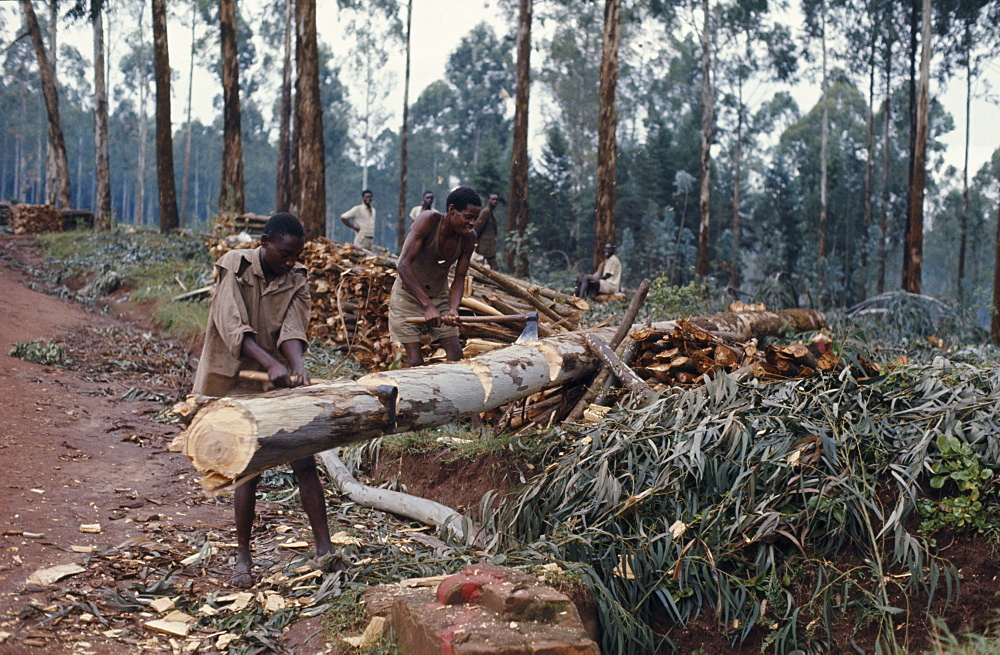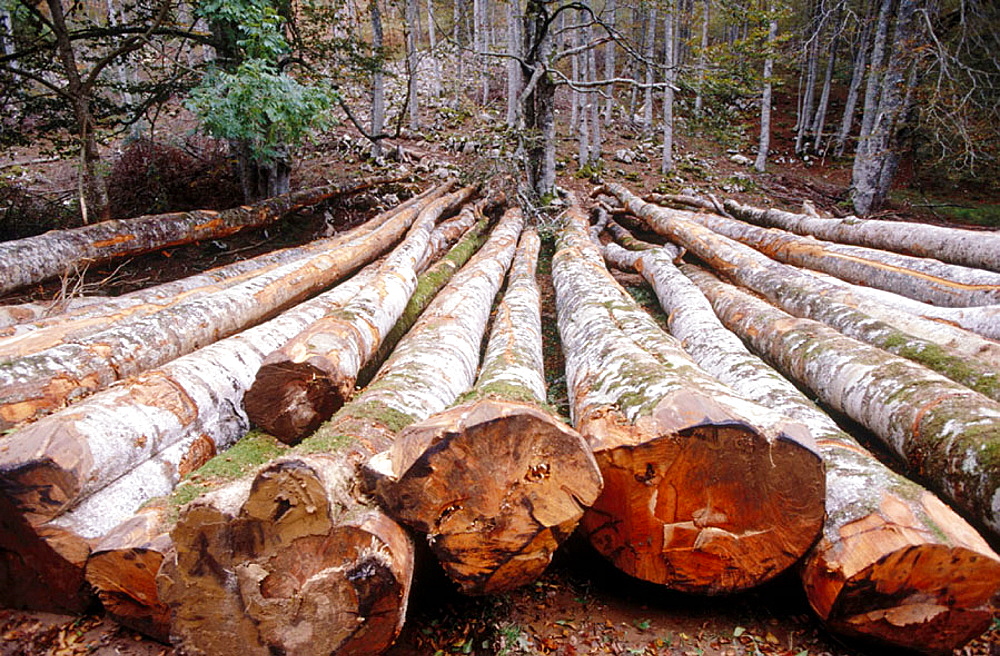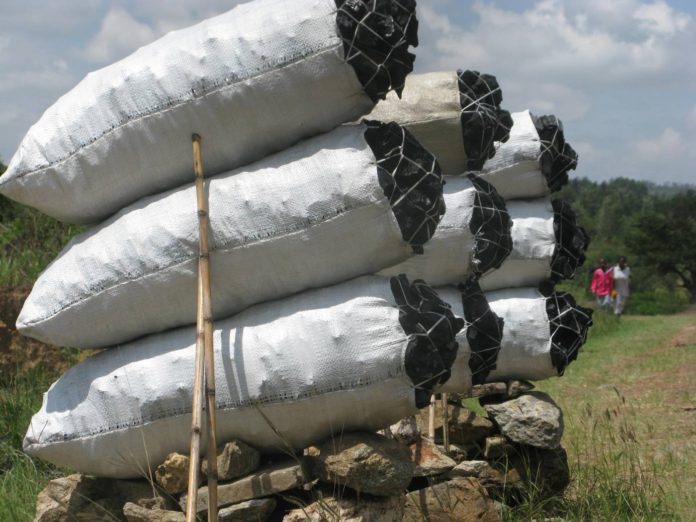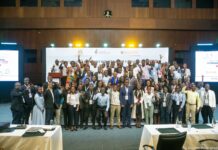By Winnie Kamau
Nairobi, Kenya: The African Union(AU) has welcomed the move by the Rwandan Government banning the use of charcoal in its capital city Kigali. This comes as the Word is commemorating the World Desertification and Drought Day in the slogan of Food, Feed, and Fibre.
This year’s celebrations were marked virtually with the African Union Commission (AUC) holding a 2.5 hours Webinar opened by the Commissioner for Rural Economy and Agriculture H.E. Amb. Josefa SACKO. In line with this year’s theme Prioritizing Sustainable Land Management for a Secured Future, Amb. Sacko noted the need to value land in Africa.
“Land degradation has been on the increase for the last several decades, threatening the land and land-based resources, including the millions of livelihoods, and thus jeopardizing peace and security on the African continent,” she said.
The Rwandan Ministry of Environment made the announcement to ban the use of charcoal and supply of charcoal in Kigali which has a population of 900,000 residents in a bid to protect the environment by reducing the use of wood energy.
The use of charcoal as energy has been cited as a key source of Deforestation and also an air pollutant. The Ministry of Environment is set to ban the use and supply of charcoal in Kigali City as it steps up efforts to protect the environment by reducing the use of wood fuel.
The use of charcoal has been cited as the main driver of deforestation and indoor air pollution.

In welcoming the African Union noted it was stepped in the right direction and appealed for other African countries to do the same and adopt alternative solutions.
“We are happy with the Government of Rwanda. It is a step in the right direction and we appeal the rest of the continent will do the same. We also ask that they will adopt alternative solutions that are cheap and affordable to their citizens” said the AU Commissioner Amb. Sacko.
In welcoming the ban by the Rwandan Government, the Chair of the Global Partnership on Forests and Landscape Restoration (GPFLR), Dr. Musonda Xoliswa Mumba noted.
“The leadership is shown by the Rwandan Government to ban the use of charcoal in Kigali, Rwanda’s capital is a bold one. It speaks to the intent to conserve Rwanda’s forest resources especially in landscapes where the Mountain Gorillas exist and also for future generations” said Dr. Musonda.
According to media reports, the intensive use of charcoal was undermining Rwanda’s efforts to achieve 30% of national forest cover. This led to the Rwandan Government to develop the Pay as You Cook (PAYC) initiative that will offer affordable cooking solutions for the public.
The Minister of Environment, Dr. Jeanne d’Arc Mujawamariya, said that the government will work with different institutions to finance vulnerable families to access gas as an alternative to cooking.
“We have realized that many households in Kigali city consume a big percentage of charcoal which is a threat to forests across the country yet they can afford cooking gas,” said Dr. Jeanne.
Senior Policy Officer, Forestry, and Land Management at the AU, Dampha Almami weighed in to congratulate Rwanda “We are proud of Rwanda and we ask the rest of the African Countries to take concrete measures to lessen the dependency on charcoal as a source of domestic energy. This will help in halting deforestation”.
The Rwanda forests master plan shows the Eastern Province has few trees due to mismanagement of forests and dependency on wood fuel in cooking.

The master plan suggests that the demand for LPG is set to rise to more than 240,000 tonnes by 2024, from the current 10,000 tonnes which will also reduce respiratory diseases caused by overreliance on wood fuel.
The Ministry of Health recently released a report that showed more than three million Rwandese suffer from respiratory problems every year, of which 13% is caused by air pollution.
In 2017, deaths linked to poor air quality reached 12,000. With 9,040 deaths out of 12,000 were due to indoor air pollution and 2,960 due to ambient air pollution, statistics indicate the ministry says.
Minister Mujawamariya explained protecting forests and use of cooking gas as a way of saving forests is one of the pledges under a new climate action plan that has recently been submitted to The United Nations Framework Convention on Climate Change (UNFCCC).
The plan shows that at least $380 million is expected to be spent on efficient cookstoves as part of reducing firewood and fossil energy consumption for cooking by 2030.
According to Ibrahim Thiaw, Executive Secretary of the UN Convention to Combat Desertification (UNCCD) for the world to have enough productive land to meet the demands of ten billion people by 2050, lifestyles need to change
“If we keep producing and consuming, as usual, we will eat into the planet’s capacity to sustain life until there is nothing left but scraps. We all need to make better choices about what we eat and what we wear to help protect and restore the land” said the UNCCD Chief.
African Union cites Globally, 23% of the land is no longer productive, and 75% has been transformed from its natural state, mostly for agriculture.
Africa’s population is estimated at 1.3 billion in 2020, equivalent to 16.72% of the total world population. The growth in population size has resulted in increased demand for land to produce food, animal feed, and fiber.
Poverty and underdevelopment also add another dimension to the heavy reliance on the land and the demand for an extensive form of agriculture.














